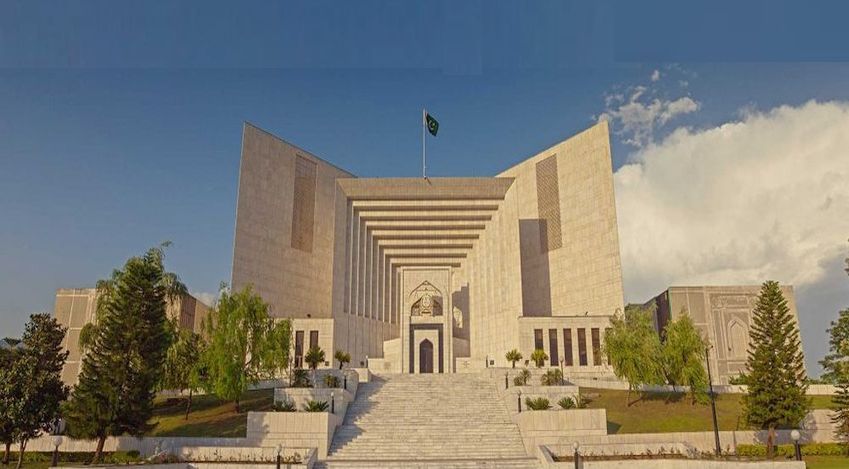When Two Views are Possible in a Criminal Case, the One favoring the Accused must be Adopted --- Supreme Court of Pakistan Acquitted Convict due to Serious Doubts
Islamabad 03-04-2025: In a landmark ruling, the Supreme Court of Pakistan set aside the conviction of accused in [Jail Petition No. 555 of 2017], citing serious discrepancies in the prosecution’s case. The Court ruled that the evidence presented was riddled with contradictions, raising reasonable doubt about the petitioner’s guilt.
Accused was convicted for the murder of the deceased based on eyewitness testimony and the alleged recovery of the murder weapon. The trial Court and the appellate Court upheld the conviction, relying on the prosecution’s evidence. However, upon review, the Supreme Court of Pakistan found several legal and factual inconsistencies that weakened the prosecution’s case.
Key Findings of the Supreme Court of Pakistan:
- The Court noted that the prosecution’s eyewitnesses were chance witnesses, with no plausible reason to be present at the crime scene at the relevant time. Their statements lacked credibility and coherence.
- A critical inconsistency was identified between the eyewitnesses’ accounts and the post-mortem report. The injuries described by witnesses did not align with the medical evidence, raising doubts about the veracity of their claims.
- The Court questioned why the alleged eyewitnesses did not intervene to prevent the crime or immediately report it. This cast further doubt on the prosecution’s version of events.
- The prosecution failed to establish a strong motive for the alleged murder. There was no prior enmity or documented conflict between the accused and the victim, making the allegations less convincing.
- The prosecution presented a recovered weapon as key evidence. However, forensic analysis failed to establish a direct link between the weapon and the crime, rendering the recovery inconsequential.
The Supreme Court of Pakistan reiterated the principle that when two views are possible in a criminal case, the one favoring the accused must be adopted. Given the numerous inconsistencies and doubts in the prosecution’s case, the Court ruled in favor of accused.
The judgment emphasized the fundamental legal principle that “the benefit of doubt must always go to the accused”, leading to the acquittal of accused. The Court ordered his immediate release, setting aside all previous convictions.
This decision reinforces the judiciary’s commitment to upholding fair trial rights and ensuring that convictions are based on credible and consistent evidence. Legal experts believe this ruling will serve as a benchmark for future cases where evidentiary doubts arise.
The judgment highlights the importance of credible witness testimony, forensic corroboration, and the prosecution’s burden to prove guilt beyond a reasonable doubt. It also underscores the necessity of thorough judicial scrutiny in criminal cases to prevent wrongful convictions.
Powered by Froala Editor








